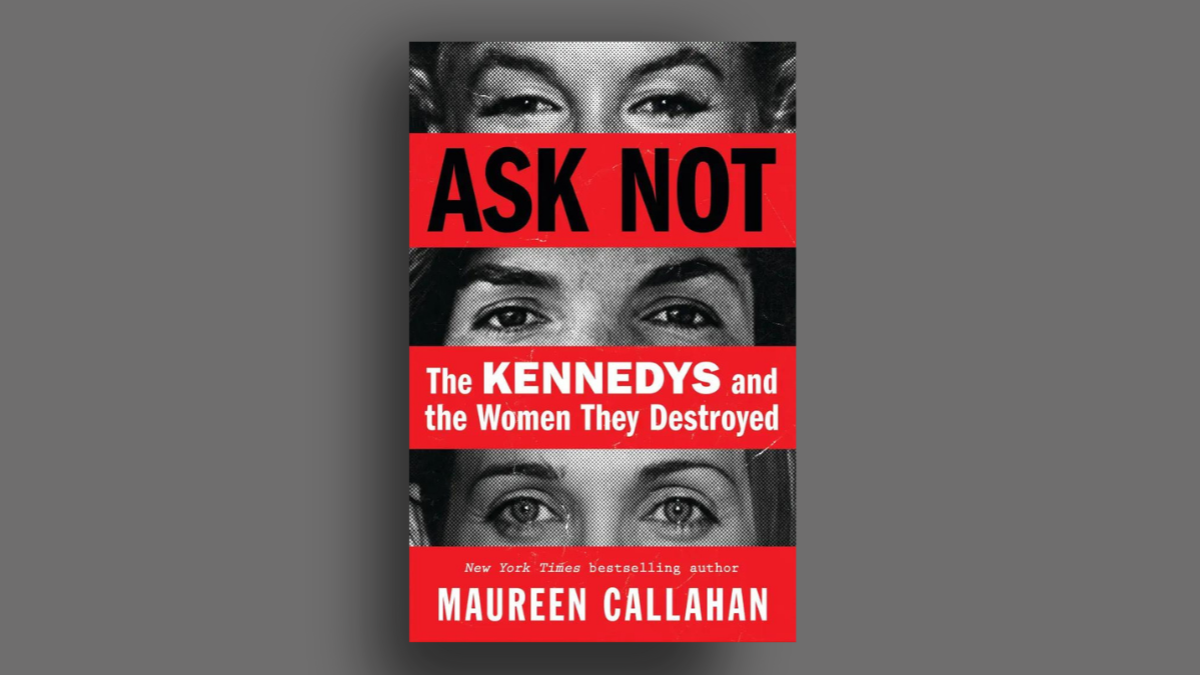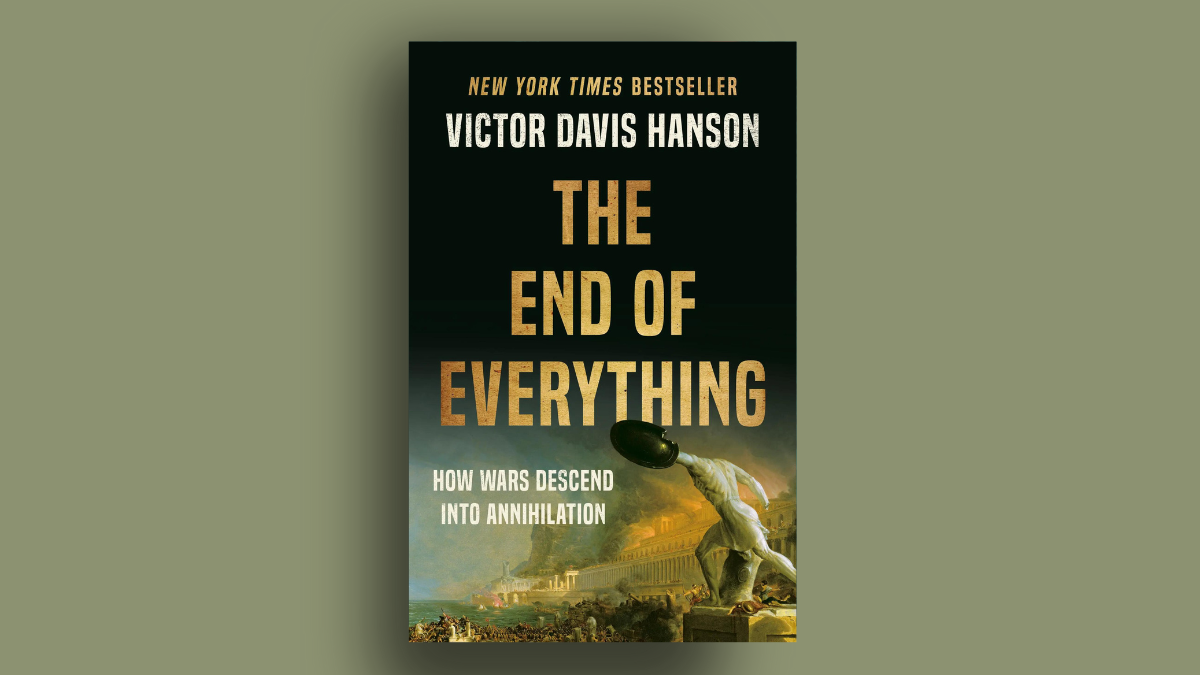
Alice Dreger’s controversial book, Galileo’s Middle Finger, is packed with sin and scandal. It raises sweeping questions about truth, justice, and the American Way. Throughout all this drama, my mind kept wandering back to a single burning question:
How can I prevent my children from turning out like Dreger?
The Zealous Empiricist
It’s not quite as bad as it sounds. Dreger has many admirable qualities. She shows a genuine zeal for truth, but also cares deeply about the social implications of her research. By her own lights (and for the record, I haven’t fact-checked her details) she has pursued both truth and justice at great personal cost, through roiling currents of angst and hatred that leave even the reader exhausted. The world could do with more of that dogged determination.
Why then would I offer such censure? For a Christian reader, Dreger makes it personal from the earliest pages, wherein she introduces herself as the daughter of “industrial-strength Roman Catholics” who loved and encouraged learning, but strangely failed to notice the glaring inconsistencies between faith and reason. “I suppose that to them it all seemed obviously interrelated,” she sighs. “They had no trouble sending me to confession one day and renewing my subscription to Natural History magazine the next.” (A sinner who likes nature? Outrageous!)
Perhaps it’s petty to fixate on this detail in a book that is mostly about science and empirical research. But Dreger chooses to present herself as a convert to an unmediated empiricism, of the sort that regards authority and tradition as its natural enemies. Thus we know from the beginning that Dreger is a woman of strong convictions, who has planted herself on metaphysically thin soil. Her struggles add up to a kind of materialist Pilgrim’s Progress.
Telling The Truth
That’s not the only way to read it, of course. Galileo’s Middle Finger fits into a larger category that we might call “Trust No One books”. Using concrete examples, Trust No One books deliver the bad news that, basically, everyone we’re supposed to rely on (government, media, the scientific establishment) lies to us on a regular basis.
As a dogmatic empiricist, Dreger starts graduate school and writes a dissertation on hermaphroditism. Her scholarly labors end up connecting her with intersex activists, and from there she goes on to forge a kind of career as an empirical watchdog, engaging activists, scholars, bureaucrats, and the medical establishment, perpetually seeking to clear away ideologically motivated smoke screens and unveil the truth.
After years of intersex activism (working to persuade physicians that ambiguous genitalia don’t always need fixing) Dreger spent several years clearing the names of scholars who were vilified when their research ran afoul of some piety of political correctness.
Michael Bailey wrote a book explaining how some transgendered people are autogyniphiles, that is men who are aroused by the thought of themselves in feminine personae. This ran afoul of the preferred narrative of many transgender activists, who claimed that transgenderism is about core identity and not sexual desire. Napoleon Chagnon did ethnographic research on the Yanomamo, a society of indigenous tribal Amazonians. His portrayal of the Yanomamo as a fierce and violent people didn’t pass muster with the political correctness police. Randy Thornhill and Craig Palmer wrote a book claiming that sexual desire can be a motive for rape, a theory that ran contrary to the vaunted feminist narrative about rape being a crime of “power and control.” Bruce Rind wrote a paper arguing that not all victims of pedophilia suffer grave psychological harm.
These people’s lives were all turned inside-out by angry activists who didn’t like their conclusions. Detractors lied, faked data, and exploited social media in order to discredit them. Looking into the details, Dreger concluded that all of these people had backed up their conclusions with real, respectable research. Her efforts to clear their names made her the preferred hate-mail recipient.
Everybody Lies
As Trust No One books go, Galileo’s Middle Finger isn’t top-shelf. It’s not nearly as gripping, for instance, as Sharyl Attkisson’s Stonewalled. Either Dreger isn’t a great storyteller, or perhaps there are limits to how much one can enliven the sordid details of liberal progressives backstabbing one another. After a while, the narratives start to take on a dreary sameness, which isn’t helped by Dreger’s own dogged repetition of the same point, that activism should be based in the truth. Time and again, she is shocked to find that yet another enclave of activist-scholars has failed to live by this credo. In an unintentionally hilarious penultimate chapter, she unearths a final devastating truth: Even government agencies cannot always be trusted. Will horrors never cease?
At this point, it might be useful to recall that Dreger has the zeal of a convert… to Scientific Methodism. Her whole outlook is based on the belief that empirical research must be the light that illuminates all, and directs the fight for justice. To her, it is akin to heresy to suggest that it might just not be reasonable to expect that methodology can be so cleanly detached from social currents.
Most of us (even if we aren’t, say, disciples of Thomas Kuhn) can easily appreciate that this outlook is much too simple. The empirical sciences do have their own standards of proof, but research can still be motivated in many and various ways by social and political ideals. The devotees of those ideals will sometimes be sloppy or unscrupulous with respect to the science, which is why reasonable people regard well-funded and intensely politicized fields (like climate science) with a healthy dose of skepticism.
Asking The Deeper Questions
As a true believer in scientific empiricism, Dreger has very possibly done some good work in exposing dishonesty, fraud, and irresponsible medical practices. Her laser-beam focus on empirical methodologies gives her a kind of intensity that might be useful in certain contexts. At the same time, she is curiously uncurious about a number of questions that the rest of us would probably have asked over the course of such a contentious journey.
First of all, for someone eyebrow-deep in empirical research, she doesn’t ask many questions about the research priorities of our scientific community. That was certainly a question for me. Somewhere around the two hundredth page on standards for gender-identity studies, I paused to reflect: How many of my tax dollars are being used to show different kinds of porn to sexually troubled people? Just wondering.
Going deeper, one might expect a gender-identity activist to reflect on the real significance of sex and gender to human thriving. Despite her many years inside these fields, Dreger doesn’t appear to have anything interesting to say about this. Her stance on gender and identity is defined mainly in opposition to what she sees as the clunky, traditional binary-gender outlook. She doesn’t especially care what sex means so long as no one is impeded from doing or being whatever he likes.
Sex is admittedly complicated, though in fact, it might be that religious traditionalists are less rigid than Dreger supposes. As someone who definitely believes that masculinity and femininity are divinely ordained to complement one another, I would nevertheless also agree that the lines between them can sometimes be blurry. Recognizing that, I personally would support most of her recommendations with respect to intersex individuals. (Doctors shouldn’t lie to patients about their condition, and we shouldn’t assume that people need invasive surgeries on their genitalia if the benefits are purely cosmetic.) A few odd cases aren’t going to capsize my whole understanding of manhood and womanhood.
It would be satisfying to critique Dreger’s broader view of sexuality, but there just isn’t much to critique. After rejecting the binary view, she contents herself with sneering at people’s alleged “fear” of sexual anomaly, and mocking physicians who show concern for their patients’ ability to marry and reproduce. She shows no interest in questions of sexual morality. In one particularly troubling episode, she encounters a distraught young “man” (as he has always believed) who has just discovered that he has a uterus and ovaries. She tries to cut through his bewilderment and doubt by counseling, “I don’t let my ovaries tell me what to do. I don’t think you should let your ovaries tell you what to do.”
I’m going to assume that, taken in context, this encounter wasn’t as awful as it sounds. The fact that she chose to tell it this way is still revealing, however. Masculinity and femininity are a core feature of most people’s self-understanding. Pretty much anyone would be alarmed to discover in adulthood that his externals and internals didn’t match. Dreger thinks the most appropriate response is to throw out a “rosaries off my ovaries” cliché? And she sees herself as an advocate for this group of people?
It’s not primarily a book about sexual ethics, but one can’t help but feel that the shallowness of Dreger’s perspective probably helps explain her failure to anticipate the controversial nature of her investigations.
Give Tradition A Chance
Dreger is so caught up in her public relations battles that she hardly notices a fact that was of tremendous interest to me. For all her hostility to tradition, the liars and frauds she exposes are decidedly not in the thrall of religious faith. They are feminists, sexual-minority activists, and politically-correct anthropologists. She wrangles, not with priests, but with apologists for government, universities, and liberal causes. As an teenager, she allied herself with science and against tradition. Ten thousand nasty emails later, has it occurred to her that tradition may not be the problem?
Dreger is correct to posit a relationship between justice and truth. Justice requires that all be given their due. We can’t give a person his due, however, without understanding what he fundamentally is. Truth thus serves justice, and those who thirst for justice should always be interested in truth.
The kind of truth we need, however, may not be found in a series of experiments, however high our empirical standards. For a real understanding of the human condition, we should avail ourselves of all likely sources, which might include what G.K. Chesterton has called “the democracy of the dead.” We need tradition, without which we are cut off from the wisdom of our human ancestors, collected over millennia.
A truly great tradition gives us the resources to incorporate a wide range of empirical data into a more complete appreciation of reality as a whole. Sometimes traditionalists are too rigid in rejecting new discoveries that should be incorporated into their broader repository of truth. In general, though, people with a broad-based understanding of reality are that much better positioned to make sense of the unexpected.
Dreger has made a career of being fair to the academy’s most reviled figures. Perhaps it’s time she should consider giving a fresh, unprejudiced look to the crazy superstitions of her truth-loving mom and pops.









